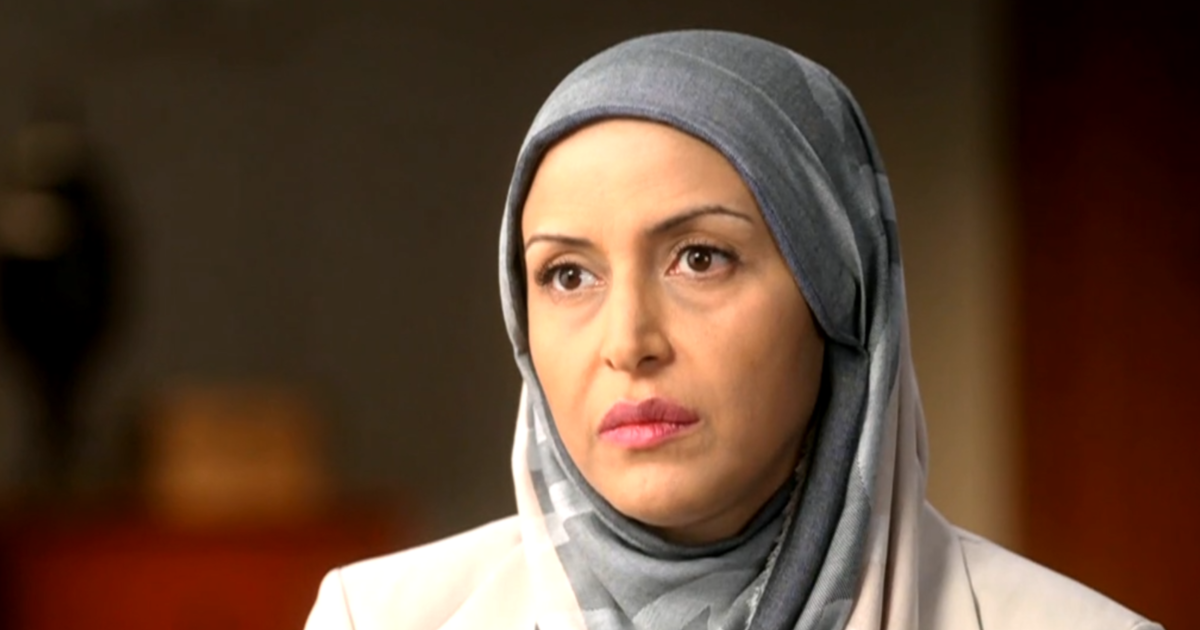Zahra Skaik, a 44-year-old Palestinian woman living in Gaza City, was able to escape the war in Gaza with the help of her American sons, one of whom is an army specialist. Despite the difficult circumstances and the limited resources, Zahra left Gaza in late December with only a small backpack and the clothes she had been wearing since the war began. Her decision to leave was prompted by the escalating violence and destruction caused by the conflict between Hamas and the Israeli army.
Zahra and her husband had moved to the U.S. in 1998, where their three sons were born. After spending ten years in America, they returned to Gaza City, while their sons decided to stay in the U.S. As the conflict between Hamas and Israel intensified, Israel ordered over a million Palestinians in northern Gaza to head south in preparation for a ground invasion. Despite the danger, Zahra chose to stay in Gaza City, believing that they would be safe as they had nothing to do with Hamas.
As Israeli forces invaded Gaza in late October, Zahra witnessed firsthand the tragic consequences of the conflict. She saw pedestrians and families being blown up without warning as they tried to cross the street near her home. The horrific scenes of violence and destruction left Zahra and her family traumatized and fearful for their lives. She described the heartbreaking moment when a woman, covered in blood, pleaded to be killed along with her family after surviving the explosion.
Zahra’s story sheds light on the brutal reality of war and the impact it has on civilians caught in the crossfire. She expressed her disbelief and horror at the indiscriminate targeting of civilians, including women and children, which she believes constitutes a war crime. Despite the challenges and hardships she faced, Zahra’s story also carries a message of resilience and hope as she was able to escape the war with the help of her sons.
As Mother’s Day approaches, Zahra’s story serves as a reminder of the strength and courage of mothers who are forced to make difficult decisions to protect their families in times of conflict and hardship. Her experience highlights the importance of empathy and understanding in the face of adversity, and the need for international support and solidarity to address the root causes of conflict and violence in regions like Gaza. As the fighting continues and foreign journalists are largely barred from the area, stories like Zahra’s offer a glimpse into the human cost of war and the resilience of individuals who refuse to be silenced by violence and destruction.









